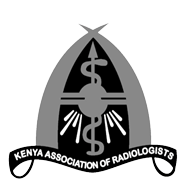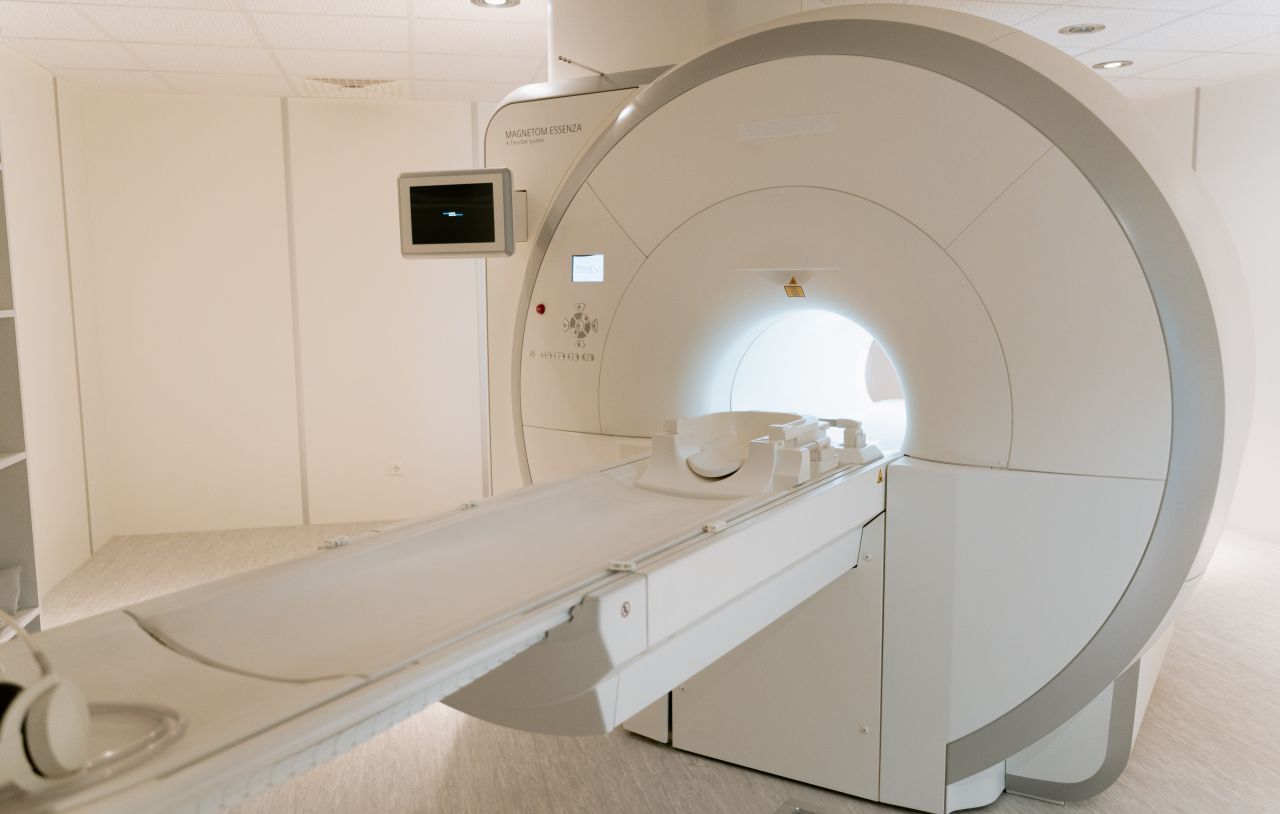An apple a day keeps the doctor away, or so an old adage goes. But once in a while you will need a doctor’s help to deal with one ailment or the other.
And when that day comes, all your hopes for cure more or less rest on his or her able shoulders and whatever the doctor says, you have to follow. But what if a rather routine check puts you in more trouble than you were already in?
Welcome to Kenya, where it has now emerged the health-care system could be ‘infecting’ patients with cancer through unnecessary or wrongly administered X-rays, scanning or imaging services.
And with cancer having killed 14,175 people in Kenya last year alone (according to the Economic Survey 2015), you have every reason to be worried. Over commercialisation of disease diagnostic technologies with little or no supervision is the heart of the problem according to Kenyatta National Hospital (KNH) head of radiology Rose Nyabanda.
“In the last decade, centres offering imaging services have been sprouting just like photocopy kiosks,” says Dr Nyabanda.
She attributes this to the availability of cheap, second-hand and also donations of technologies such as computerised tomography (CT) scans and magnetic resonance imaging (MRI) that have become obsolete in developed countries.
“Most of the radiation diagnostic tests Kenyans are being subjected to, mainly at commercial outlets, are not necessary and expose patients and machine operators to irreversible radiation risks,” she said.

